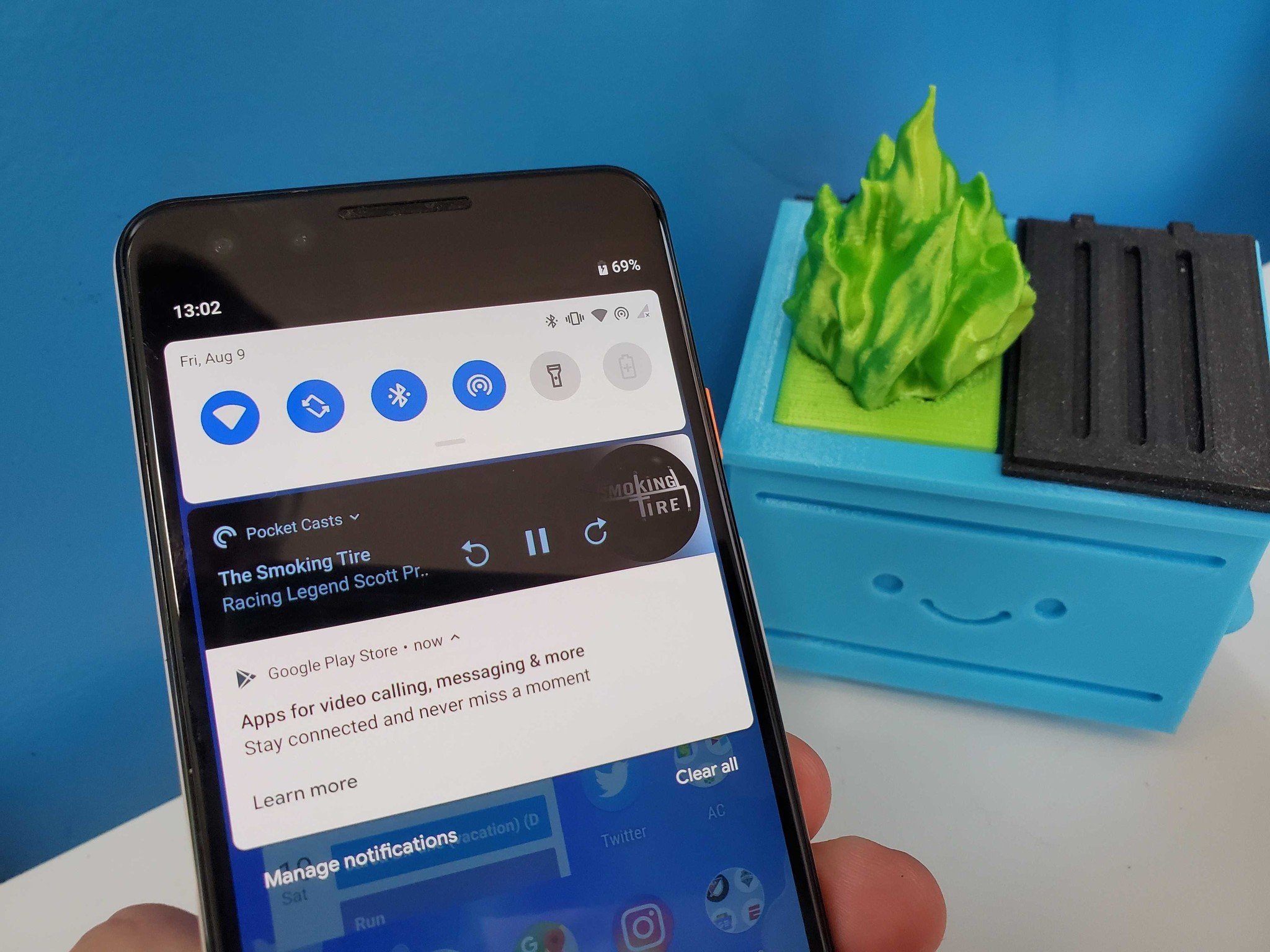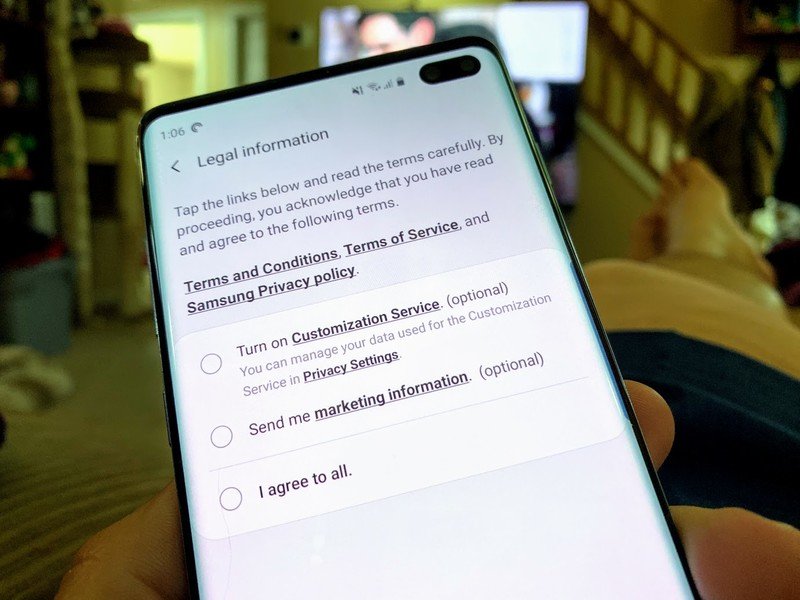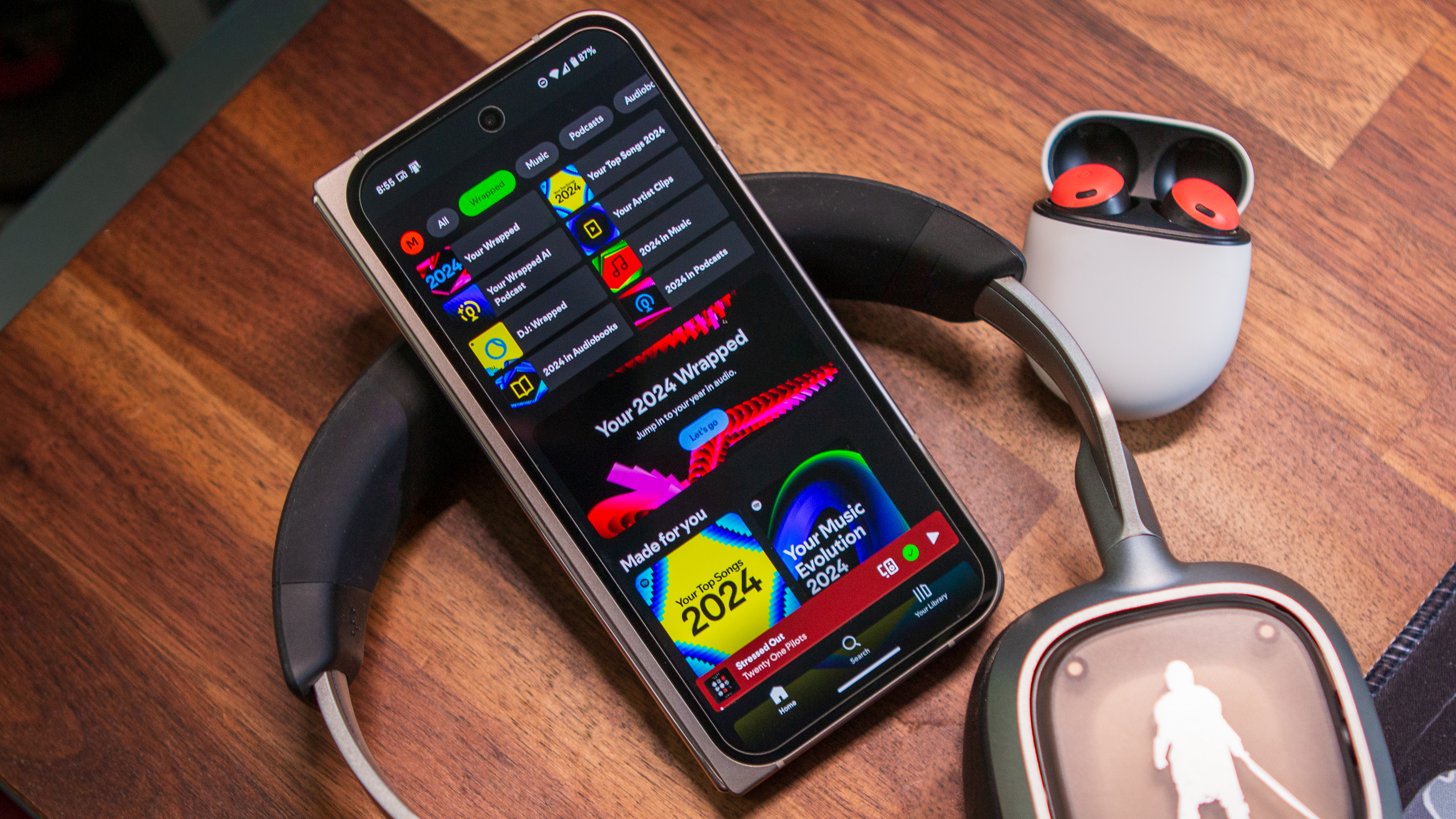You already have my money, please stay out of my notifications

Samsung's Galaxy Note 10 is here, and do you know what that means? A whole bunch of people who already own Samsung products are being blasted with ads to pick one of these colorful new phones up right now. And in some places, like in my email or a commercial on Hulu, this is to be expected. But Samsung isn't being subtle about it, and is instead dropping these ads right in the notification tray. And that's garbage.
But Samsung isn't the only company guilty of this, and it really needs to stop.
Stop harshing my Digital Wellbeing
It has happened. I'm now getting ads in my notification center on my phone...
There is no more escape. pic.twitter.com/PX8vOgckKdIt has happened. I'm now getting ads in my notification center on my phone...
There is no more escape. pic.twitter.com/PX8vOgckKd— Alexandria Heston (@ali_heston) August 9, 2019August 9, 2019
The best and worst thing about Android by far is its notification system. There's a unique level of flexibility built in, and Google has worked hard to continuously improve this system year after year. But like anything else on our phones, there are app developers out there eager to find a way to exploit that system for their own benefit. A nontrivial part of Google's annual improvements to Android is countering some of these exploits, like bundling notifications from a single app so it can't fill your status bar or limiting the number of notifications an app can send you at any given moment. There are now really great tools for limiting which apps are able to notify you based on your current level of availability, which is also great. I wouldn't go so far as to say Google stays a step ahead of the exploitation of its notification system, but it's always clear there's a lot of energy put into keeping that space from being user hostile.
If you actually believe this is something I want to see, you wouldn't hide the ability to turn it off.
But what happens when the call is coming from inside the house? Samsung offering a discount on its Note 10 if you trade in your current phone is slimy, for sure, but it's not the only one behaving this way. Over the last month I've gotten six different notifications from the Google Play Store inviting me to come check something out. The most recent message from Google, on my phone connected to the internet, invited me to "Stay connected and never miss a moment" with a link to video chat apps in the store. It's not like I have a choice, the Google Play Store is the only game in town. You don't need to remind me to use it. Trust me, when I want an app, I'll come find you.
In each of these cases, the real problem comes in how vague these messages are in what sent them. It's not immediately obvious which Samsung app sent me this ad. In fact, when it first popped up, it wasn't clear this came from Samsung. It could have easily come from my carrier app, thirstily trying to get me to pick up a phone from the store. Users should never get a notification and not know where it came from or how to turn it off, that's not okay. And nobody should have to dig around in their phone menus to make sure some errant check box is lit up as a silent indicator that I want to be targeted with ads. If you actually believe this is something I want to see, you wouldn't hide the ability to turn it off.
Don't doublespeak your way into my opting in

I did eventually find where the Samsung ad was coming from. It took way longer than it should have, and so I removed the app and re-installed it to see what the opt-in process looked like in the first place. When you first log in to Galaxy Apps, there's a Legal Information page with three confirmation radio buttons. One of those buttons says I agree to all and is the fastest way to get to the next page, which has the stuff you actually want. It's pretty easy to gloss over the Send me marketing information, but you would also be forgiven for thinking this meant sending information to your email address. But it doesn't, and you won't know that until you go and turn it off manually. Which, if you want, this handy guide will help you do.
These are the exact behaviors Android itself has been growing to weed out of our daily lives, and there's no way these help more than they irritate.
To its credit, Google's notification controls are a lot more direct. The toggle switch in the Play Store clearly explains it's going to notify you when there are offers it thinks you will like. It's kind of a bummer that I've given Google so much information over the years and it has never once managed to be right about things from the Play Store I would like, but that's another issue for another day. Right there alongside notifications for pre-registration, you can disable this function.
Get the latest news from Android Central, your trusted companion in the world of Android
In the end, I don't think this lame opt-in excuse is enough. I want the company making my phone and building the stores I digitally shop in to care way more about how it treats me after it has my money. And in Google's case, if you're going to deliver me ads for the Play Store they should be extremely relevant to my interests and not just random guesses. These are the exact behaviors Android itself has been growing to weed out of our daily lives, and there's no way these help more than they irritate. Google should be holding itself to way higher standards and acting as the example for the rest of the ecosystem to follow. Either create a compelling, unique case for how to get me excited about something or leave me alone and let me enjoy the thing I bought already.

